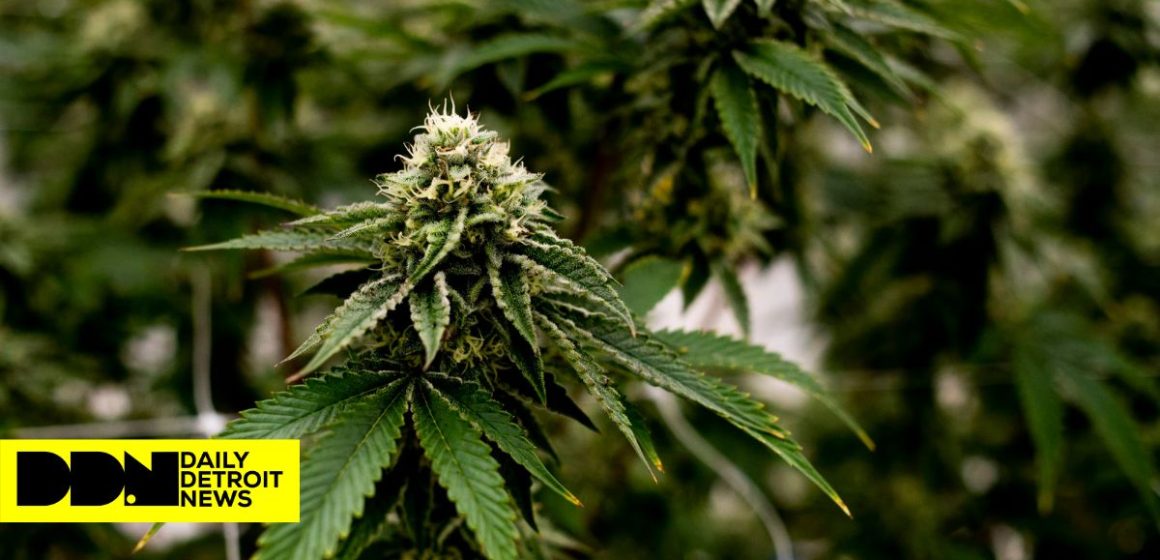DDN – Michigan’s cannabis business had another turbulent year in 2024. While consumers enjoyed cheaper marijuana than ever before and the state cemented its place as a sales powerhouse, the business faced enormous hurdles due to oversupply, fierce competition, and an ever-changing regulatory landscape.
A Double-edged Sword: Record Sales and Declining Profits
Retail cannabis sales grew this year, owing to growing consumer demand and expanded market accessibility.
According to industry insiders, border stores fueled most of the success, with dispensaries near the southern border and in the western Upper Peninsula accounting for up to half of all retail cannabis sales in the state. However, increased sales numbers do not tell the whole story.

A surplus of supply, combined with aggressive pricing techniques, resulted in a steep decrease in profit margins, leaving many companies fighting to sustain profitability in a highly competitive market.
Conversion Oil Dispute
One of the most important challenges in 2024 was the emergence of CBD conversion oil, which is made by extracting THC, the principal psychotropic ingredient in cannabis, from hemp.
Because hemp is federally lawful, there is no requirement for hemp-derived THC products to be tested at a state-licensed facility for potency or impurities such as fungus, heavy metals, and pesticides.
The method of separating THC from hemp is highly difficult, and there is little information on the possible long-term health consequences for consumers if unexpected chemical reactions occur.
Third-party testing revealed that some vape cartridges and sweets pulled from dispensary shelves included conversion oil and illegal pesticides, raising worries about product safety and quality among industry members, advocates, and even the state Cannabis Regulation Agency.
The CRA has proposed rule amendments that will “prohibit the conversion of a cannabinoid into a different cannabinoid using a chemical reaction” and prevent Michigan licensees from marketing goods containing conversion oil. If adopted, the proposed rules will go into force immediately, as opposed to the customary 90-day wait.



Leave a Reply